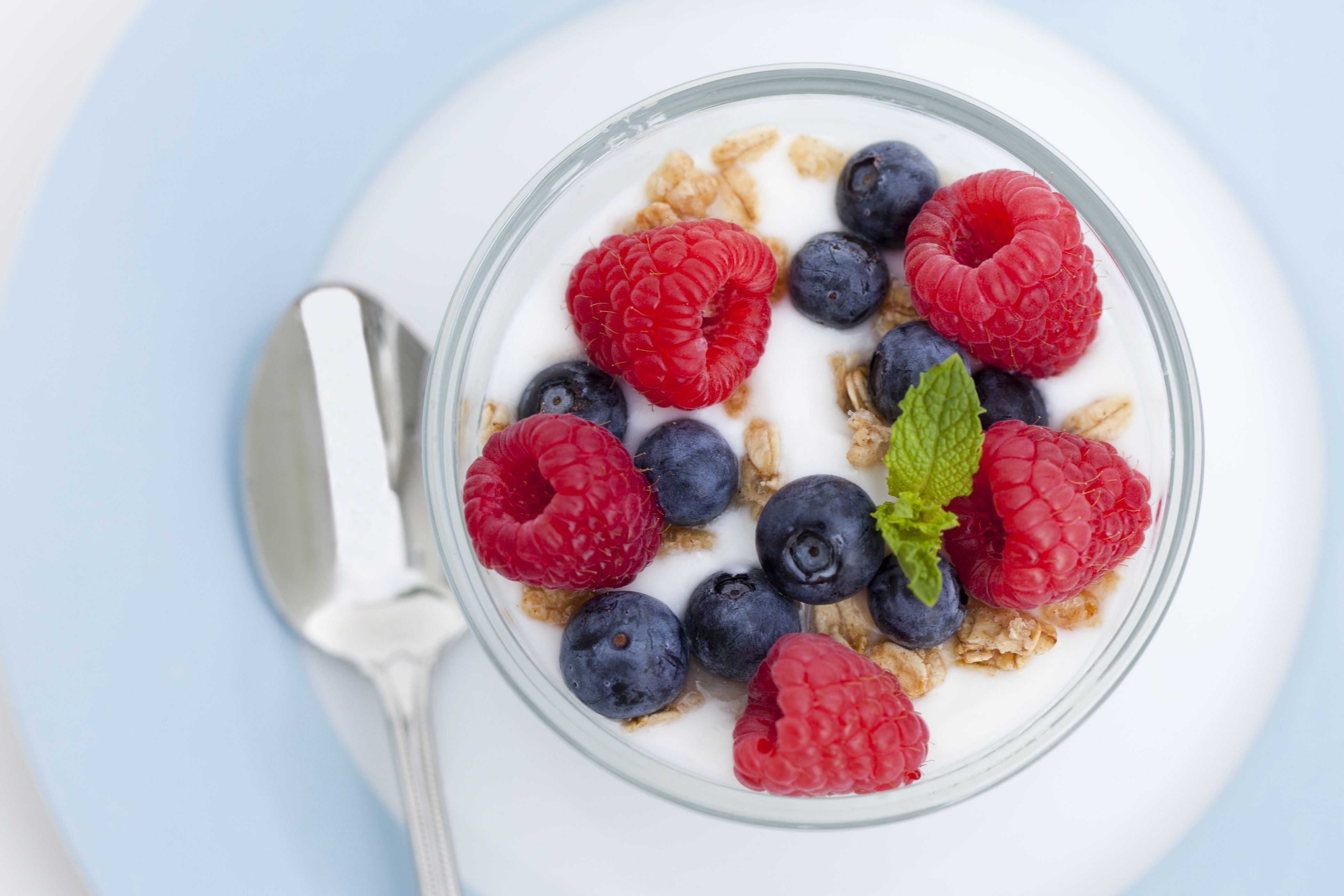Home » Health News »
Weight Loss Versus Fat Loss\u2014What’s The Difference, Anyway?
When you have a weight loss goal, you probably break out the scale first. After all, it’s one of the easiest ways to measure your progress. But, there are limitations to what that number can tell you, and in many instances, it can take you down the wrong path. Namely: Weight loss and fat loss are not the same thing. We turned to an expert to break it all down.
What does weight loss mean generally?
So, the number on the scale is lower than the week before. When you see that number go down, you can’t automatically assume that it’s all fat. “Weight loss is a reduction of total body mass. When you see the number on the scale go down it could be from one or a combination of fat, muscle, and water loss,” says Chicago-based registered dietitian, Maggie Michalczyk.
Your body is mostly just water. “As much as 60 percent of the adult body weight is made up of water weight. The term ‘losing water weight’ just means a fluid loss in the body,” says Michalczyk. Lots of things can cause fluid retention, like your hormones or eating a lot of salt (we see you, chips and salsa!) or a higher carb meal. For each gram of carbohydrate stored in the body as glycogen, the body also stores three grams of water.



When you consume fewer calories, it’s also likely you’re also consuming fewer carbohydrates, whether that decrease is intentional (e.g., a lower carb diet) or natural (you’re eating less). During calorie restriction, your body dips into these glycogen stores for energy and releases the accompanying water. (So long water weight.)
The scale goes down as a result of losing water weight, and this accounts for much of the weight loss in the very beginning. Adding to the confusion, “Water weight can fluctuate, so it can feel discouraging to see the number on the scale go up and down at different times of the day if you are not aware of the different variables and factors that can contribute to these changes,” says Michalczyk. This is one reason why the scale can be a source of frustration and confusion and can really tank motivation.
More likely, though, your long-term goal is to lose fat.
What is fat loss, then?
Weight loss can also result from fat loss (so consider fat loss under the umbrella of weight loss!). It’s tricky, though, because traditional scales can only tell you how much you weigh, and most won’t tell you if there’s been a reduction in body fat in particular. “The scale simply shows your body weight, but does not specify anything beyond that. Just by looking at that number you don’t know if you’re losing water weight, fat, or muscle,” Michalczyk says.
Body fat percentage, specifically, can be measured in the following ways, says Michalczyk:
- Dual Energy X-ray Absorptiometry (DEXA)
- Hydrostatic Weighing
- Bioelectric Impedance Analysis (BIA)
- Skinfold Calipers
- Smart scales
The DEXA scan is widely considered as one of the most accurate and comprehensive body composition tests. However, it can be expensive, and it’s usually accessible. “You can also get a body composition test with calipers or use a smart scale that estimates body fat,” she adds. “These methods may not be as accurate, but could be a good starting place for those looking to learn more about their body composition.”
Waist circumference is also another important measure, according to the Centers for Disease Control and Prevention (CDC). For women, having a waist circumference of more than 35 inches signals excess abdominal fat, a marker of your risk for diseases like heart disease and type 2 diabetes.
How do I lose fat, as opposed to muscle or water weight?
When you lose weight, some is from muscle loss. To preserve this lean tissue (which supports your metabolism), eat enough protein and strength train, two factors that will aid in eventual fat loss, says Michalczyk. “For sustained fat loss, being in a small calorie deficit every day, along with exercise, instead of cutting out entire food groups and over-exercising, is what I would recommend for sustained fat loss.”
Michalczyk advises a gradual reduction in calories to minimize muscle loss while still accomplishing fat loss. Focus on eating less fried foods, processed foods, and sugar while enjoying more fresh fruits, quality protein sources, and (of course) vegetables.
Source: Read Full Article



